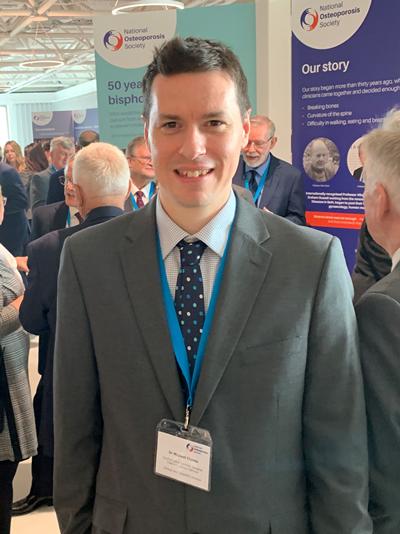
I completed a PhD in molecular pharmacology at the University of Cambridge prior to studying medicine at the University of Warwick. Following medical school, I was awarded a place on the Academic Foundation Programme in the Wessex deanery where I used data obtained from the Hertfordshire Cohort Study to explore the developmental origins of osteoporosis. More recently, I have started as a Clinical Lecturer in Rheumatology at the MRC Lifecouse Epidemiology Unit, University of Southampton.
My main research interest is the developmental origin of musculoskeletal diseases. The exposures that we have in the uterus and early life can influence the onset of diseases such as osteoporosis later in life. I am currently involved with an intergenerational study in Hertfordshire which aims to explore whether early life exposures can be passed down through future generations and impact upon the children’s and grandchildren’s musculoskeletal health.
What is your current role?
Clinical Lecturer in Rheumatology.